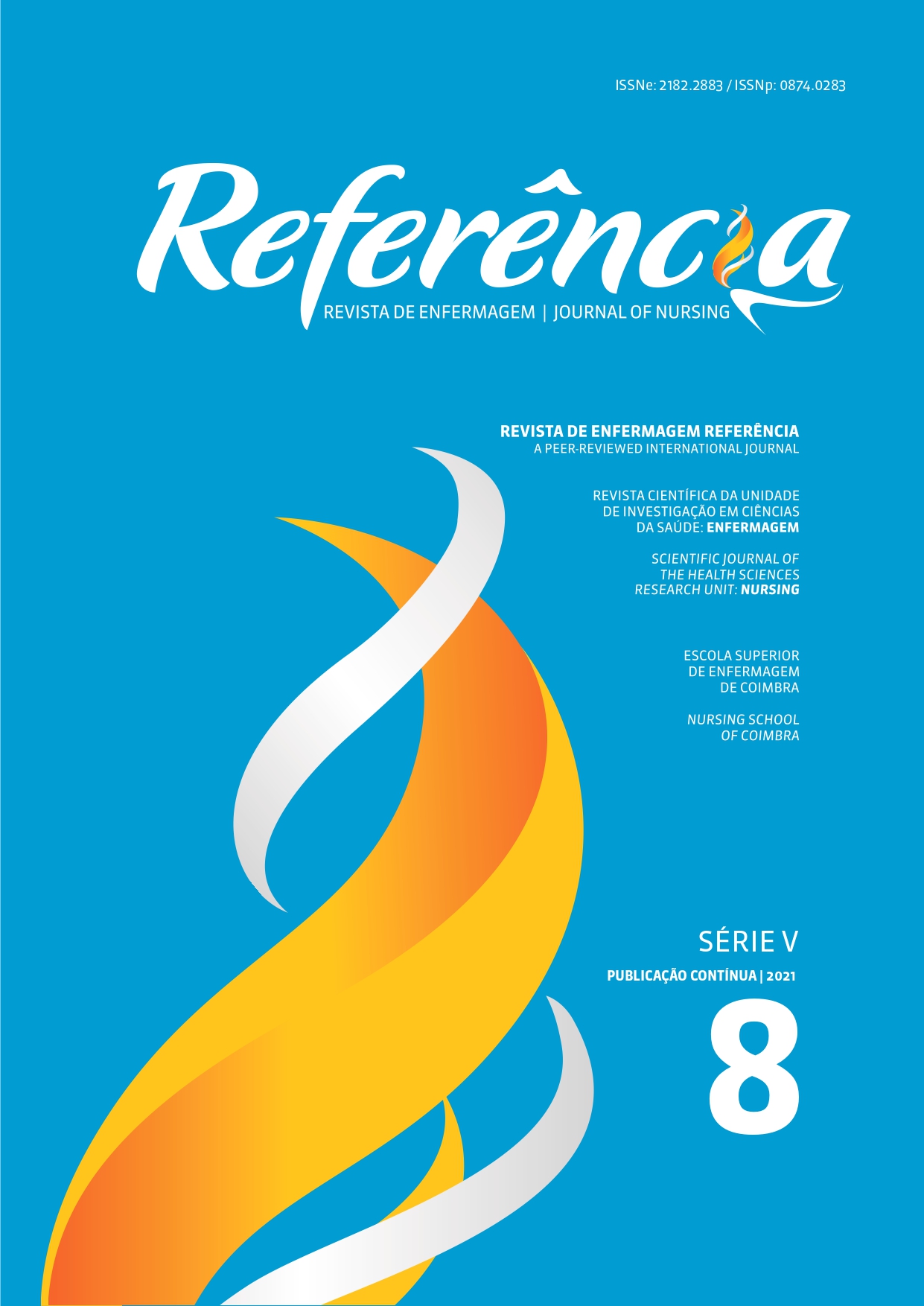Factors influencing the adaptation of families, as systems and clients, to cancer: A scoping review
DOI:
https://doi.org/10.12707/RV20149Keywords:
adaptation psychological, family, cancer, reviewAbstract
Background: Cancer is associated with loss and threat to life, so the emotionally charged diagnosis of cancer brings about psychological distress and suffering to individuals and families, influenced by multiple factors conditioning the adaptive processes.
Objective: To determine the factors influencing family adaptation to the cancer of a family member.
Review method: This scoping review followed the methodology of the Joanna Briggs Institute. It included articles published between 2015 and March 2020 in Portuguese, English, and Spanish.
Presentation and interpretation of results: Based on the 13 articles included, this review identified the following factors influencing family adaptation to the cancer of a family member: family assessment of the event, family resources, and coping.
Conclusion: Identifying these factors is essential to intervene with the families as clients and systems and promote adaptive processes in patients with cancer and their families.
Downloads
References
Bell, J. M. (2016). The central importance of therapeutic conversations in family nursing: Can talking be healing? Journal of Family Nursing, 22(4), 439-449. https://doi.org/10.1177/1074840716680837
Dias, C. M., & Silva, C. F. (2019). Teoria da aprendizagem social de Bandura na formacao de habilidades de conversacao. Psicologia, Saúde & Doenças, 20(1), 101-113. https://doi.org/10.15309/19psd200108
Figueiredo, M. H. (2012). Modelo dinâmico de avaliação e intervenção familiar. Uma abordagem colaborativa em enfermagem da família. Lusociencia.
Hanson, S. M., & Kaakinen, J. R. (2018). Family health care nursing: An introduction. In J. R. Kaakinen, D. P., Coehlo, R. Steele & M. Robinson, Family health care nursing: Theory, practice, and research (6.a ed., Cap. 1, pp.3-32). David Plus.
Horta, A.L., & Fernandes, H. (2018). Familia e crise: Contribuicoes do pensamento sistemico para o cuidado familiar. Revista Brasileira de Enfermagem, 71(2), 234-235. https://doi.org/10.1590/0034-7167.2018710201
International Family Nursing Association. (2017). IFNA Position statement on advance practice competencies for family nursing. https://internationalfamilynursing.org/2017/05/19/advanced-practice-competencies/
Kaakinen, J. R., Coehlo, D. P., Steele, R., & Robinson, M. (2018). CA Family health care nursing: Theory, practice, and research (6th ed.). David Plus.
Martins, M. H. (2014). Resiliencia familiar: Revisao teorica, conceitos emergentes e principais desafios. Cadernos do GREI, 10. https://doi.org/10.13140/2.1.4365.8245
McCubbin, M., & McCubbin, H. (1993). Families coping with illness: The resiliency model family stress, adjustment, and adaptation. In C. Danielson, B. Hamel-Bissell & P. Winstead-Fry (Eds.), Families, Health & Illness. Perspectives on coping and intervention (pp. 21- 63). Mosby-Year Book.
Pereira, T. B., & Branco, V. L. (2016). As estrategias de coping na promocao a saude mental de pacientes oncologicos: Uma revisão bibliografica. Revista Psicologia e Saúde, 8(1), 24-31. https://doi.org/10.20435/2177093X2016104
Peters, M. D., Godfrey, C., McInerney, P., Baldini Soares, C., Khalil, H., & Parker, D. (2017). Scoping reviews. In E. Aromataris & Z. Munn (Eds.), Joanna Briggs Institute Reviewer’s Manual. https://wiki.jbi.global/display/MANUAL/Chapter+1%3A+JBI+Systematic+Reviews
Price, C., Price, S. & McKenry, P. (2016). Families coping with change: A conceptual overview. In K. Bush, C. Price, S. Price & P. McKenry, Families and change: Coping with stressful events and transitions (5a ed., pp. 1-25). Sage.
Ramirez-Perdomo, C. A., Rodriguez-Velez. M. E., & Perdomo-Romero, A. Y. (2018). Incertidumbre frente al diagnostico de cancer. Texto & Contexto - Enfermagem, 27(4), e5040017. https://doi.org/10.1590/0104-07072018005040017
Regulamento n.o 428/2018 da Ordem dos Enfermeiros. (2018). Diario da Republica: II Serie, n.o 135. https://dre.pt/application/conteudo/115698616
Tackett, A. P., Cushing, C. C., Suorsa, K. I., Mullins, A. J., Gamwell, K. L., Mayes, S., McNall-Knapp, R., Chaney, J. M., & Mullins, L. L. (2016). Illness uncertainty, global psychological distress, and posttraumatic stress in pediatric cancer: A preliminary examination using a path analysis approach, Journal of Pediatric Psychology, 41(3), 309–318. https://doi.org/10.1093/jpepsy/jsv093
Tricco, A. C., Lillie, E., Zarin, W., O’Brien, K. K., Colquhoun, H., Levac, D., Straus, S. E. (2018). PRISMA extension for scoping reviews (PRISMA-ScR): Checklist and explanation. Annals of Internal Medicine, 169(7), 467-473. https://doi.org/10.7326/M18-0850
Walsh F. (2016). Applying a family resilience framework in training, practice, and research: Mastering the art of the possible. Family Process, 55(4), 616–632. https://doi.org/10.1111/famp.12260
Zhang, Y. (2018). Family functioning in the context of an adult family member with illness: A concept analysis. Journal of Clinical Nursing, 27(15-16), 3205–3224. https://doi.org/10.1111/jocn.14500






















